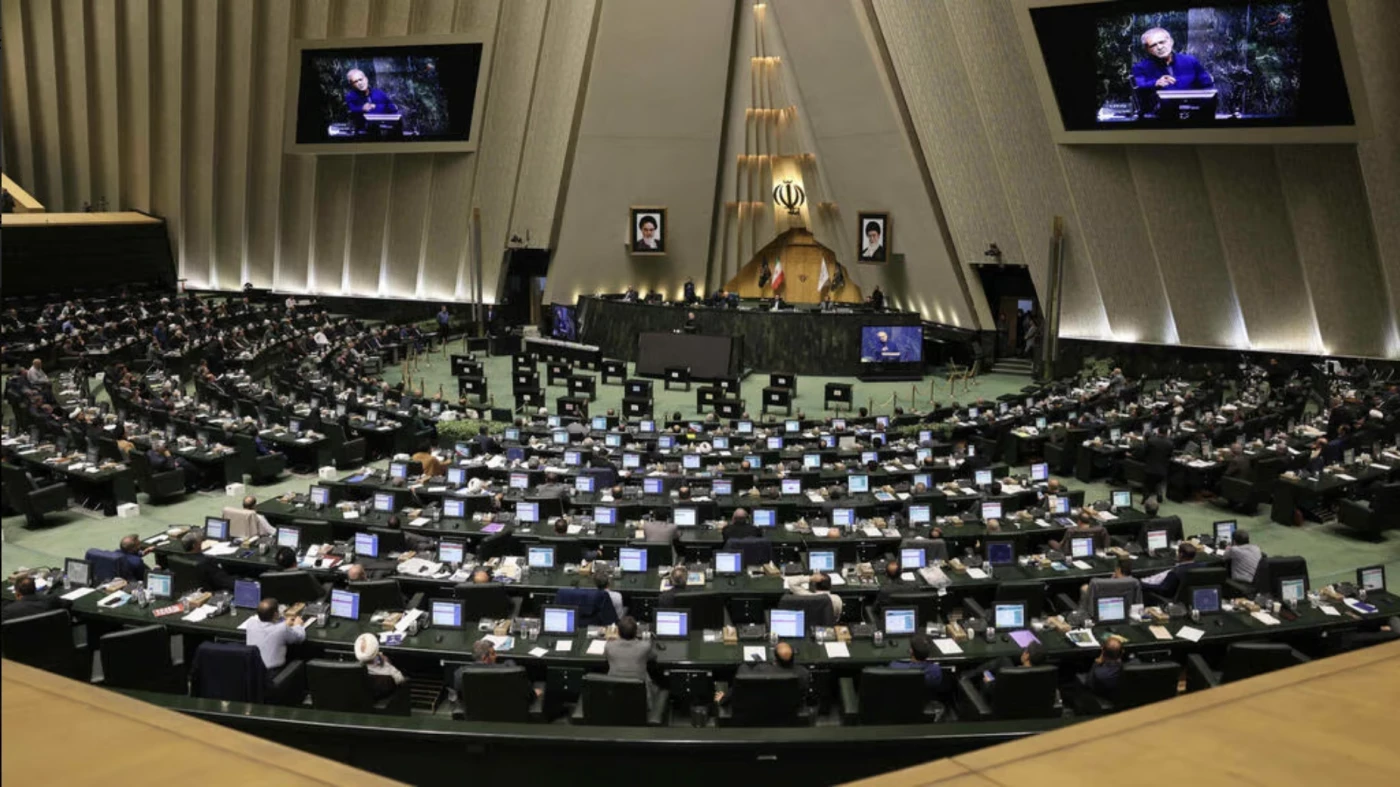ERBIL, Kurdistan Region of Iraq - An Iranian governmental body with vast executive and legislative powers has announced the ratification of more severe punishments for “espionage”, in addition to issuing regulations for “civilian drones.”
The Guardian Council, one of Iran’s most influential governmental bodies, announced the approval of the bill to “increase the punishment for espionage and cooperation with the Zionist regime and hostile countries against national security and interests,” and the bill to “regulate civilian remotely piloted aircraft (drones),” Hadi Tahan Nazif, the spokesperson for the council, told the semi-official Tasnim news agency on Wednesday.
The regulations for civilian drones require operators to obtain permits and register their devices. The measure seems to aim at preventing unauthorized surveillance and misuse, following concerns over drone activity highlighted during the recent 12-day war with Israel.
Nazif further emphasized that the two resolutions, which “had encountered ambiguities and problems in the previous stages,” were not found to violate Sharia law or the constitution after revisions in the parliament.
Sharia is the Islamic legal framework based on the Quran and the teachings of the Prophet Muhammad, guiding personal, social, and legal conduct for Muslims.
Iran routinely carries out executions of individuals accused of spying for Israel and releases questionable video confessions from many suspects on an annual basis — a practice which has intensified since the conflict with Israel in June.
Human rights groups condemn these measures, citing Iran’s long-documented use of coercion, psychological abuse, and torture to extract admissions.
The council spokesperson added that the resolutions, approved during the 12-day war, can now be implemented once “notified to the President by the speaker of the Islamic Consultative Assembly [parliament].”
The Guardian Council is composed of 12 members who act as an upper legislative body specialized in Islamic canon law and are appointed by the supreme leader. The body reviews all bills passed by the legislative body and maintains the power to either approve or reject bills proposed by the legislators, ensuring that the decisions of parliament do not contradict the constitution or Islamic principles.
In July, Iran’s judiciary chief called for faster handling of espionage cases involving alleged ties to Israel and the United States, after parliament expanded the definition of espionage and increased penalties, including the death sentence.
From June 13 to July 5, Iranian authorities arrested at least 900 people for alleged espionage and propaganda, according to the Oslo-based Hengaw Human Rights Organization.



 Facebook
Facebook
 LinkedIn
LinkedIn
 Telegram
Telegram
 X
X


